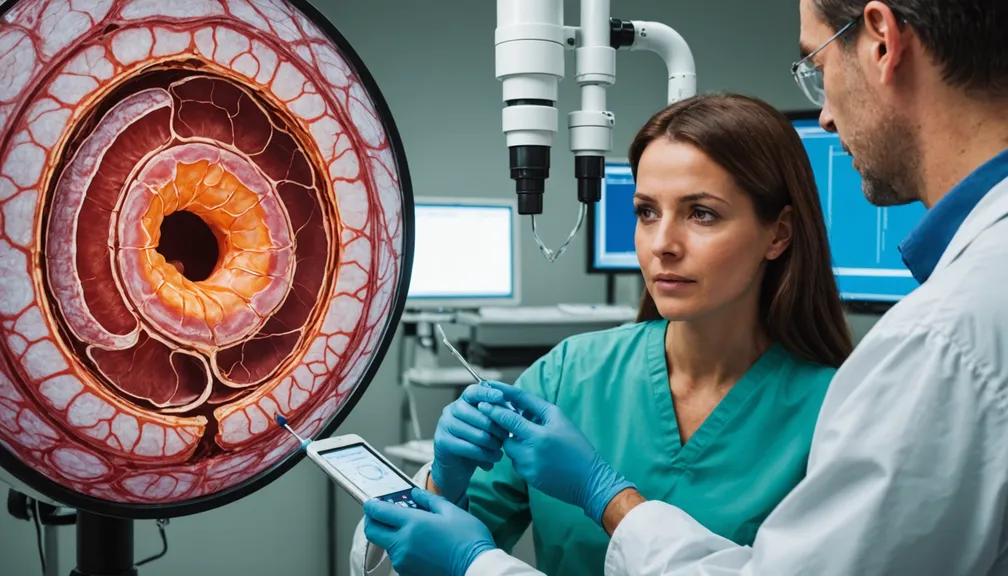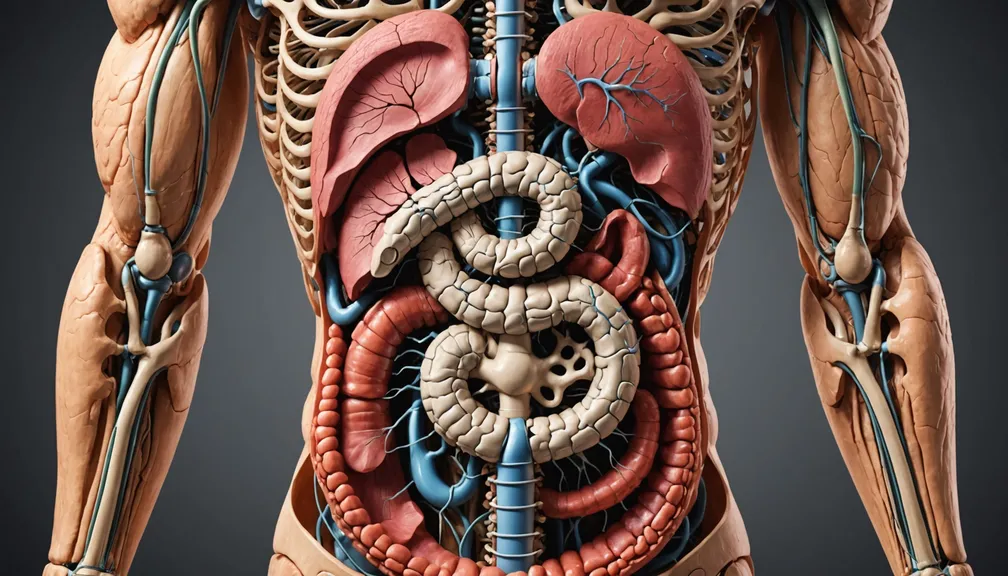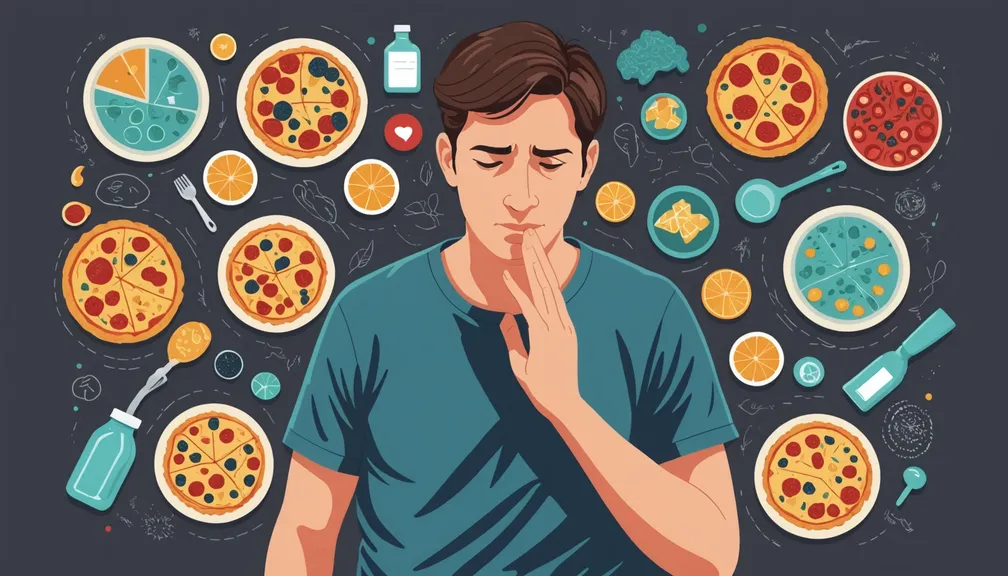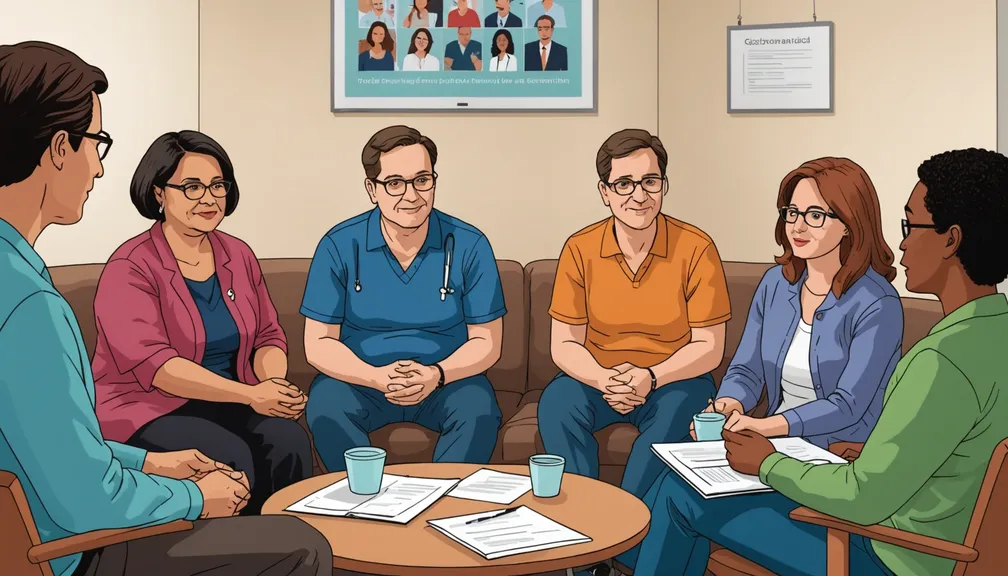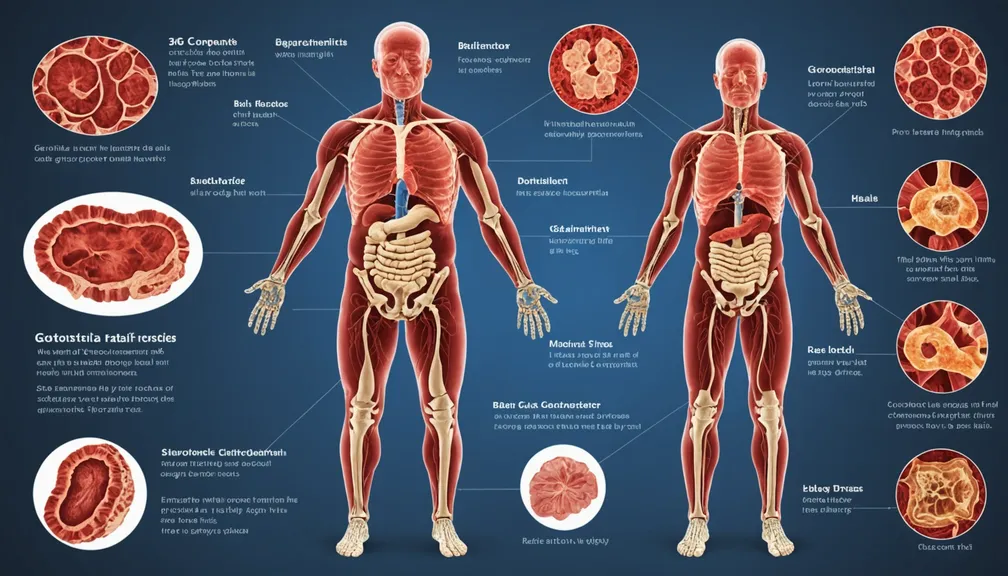The Digestive System: How It Functions
Understanding how your digestive system works can help you manage and cope with rare gastrointestinal disorders. This lesson will guide you through the essential functions of your digestive system, how rare disorders can affect it, and the support available to you.
1. Overview of the Digestive System
The digestive system is a complex network responsible for breaking down food, absorbing nutrients, and eliminating waste. It plays a crucial role in maintaining your overall health and well-being.
1.1 Main Functions
- Digestion: Breaking down food into smaller molecules.
- Absorption: Taking in nutrients and transferring them into the bloodstream.
- Excretion: Removing undigested food and waste from the body.
2. Major Components and Their Functions
2.1 Mouth
- Role: Begins the digestion process by chewing food and mixing it with saliva.
- Key Functions:
- Mechanical digestion through chewing.
- Chemical digestion with enzymes in saliva that start breaking down carbohydrates.
2.2 Esophagus
- Role: Transports food from the mouth to the stomach.
- Key Functions:
- Muscular contractions (peristalsis) move food efficiently.
- Prevents food from moving backward into the throat.
2.3 Stomach
- Role: Continues the digestion process by mixing food with digestive juices.
- Key Functions:
- Secretes acid and enzymes to break down proteins.
- Churns food into a semi-liquid form called chyme.
2.4 Small Intestine
- Role: Absorbs nutrients from digested food.
- Key Functions:
- Divided into three parts: duodenum, jejunum, and ileum.
- Absorbs vitamins, minerals, proteins, carbohydrates, and fats.
2.5 Large Intestine
- Role: Absorbs water and forms solid waste.
- Key Functions:
- Contains beneficial bacteria that help in digesting certain fibers.
- Stores waste until it is excreted.
2.6 Anus
- Role: Eliminates solid waste from the body.
- Key Functions:
- Controls the release of stool through muscle contractions.
3. How Rare Gastrointestinal Disorders Affect the Digestive System
Rare gastrointestinal disorders can disrupt the normal functioning of the digestive system, leading to various health challenges.
3.1 Eosinophilic Esophagitis (EoE)
- Description: An allergic inflammatory condition of the esophagus.
- Impact: Causes difficulty swallowing, food impaction, and chest pain.
3.2 Intestinal Pseudo-Obstruction
- Description: A condition that mimics a blockage in the intestines without any physical obstruction.
- Impact: Leads to severe abdominal pain, bloating, nausea, and vomiting.
3.3 Other Rare Conditions
- Gastroparesis: Delayed stomach emptying affecting nutrient absorption.
- Short Bowel Syndrome: Reduced absorption due to a shortened intestine.
- Celiac Disease: An immune reaction to gluten that damages the small intestine.
4. Symptoms and Impact on Health
Rare gastrointestinal disorders can significantly affect various aspects of health:
4.1 Nutrition and Growth
- Nutrient Deficiencies: Poor absorption can lead to deficiencies in essential vitamins and minerals.
- Growth Issues: Especially in children, inadequate nutrition can hinder growth and development.
4.2 Overall Health
- Chronic Pain: Persistent abdominal pain and discomfort.
- Mental Health: Ongoing health challenges can lead to stress, anxiety, and depression.
- Fatigue: Lack of proper nutrition and chronic illness can cause persistent tiredness.
5. Diagnosis and Management
Early diagnosis and effective management are key to controlling rare gastrointestinal disorders.
5.1 Diagnostic Procedures
- Endoscopy: A procedure to visualize the digestive tract.
- Imaging Tests: Such as MRI or CT scans to identify structural issues.
- Laboratory Tests: Blood tests to check for nutrient deficiencies and inflammation.
5.2 Management Strategies
- Dietary Modifications: Tailored diets to reduce symptoms and improve nutrient absorption.
- Medications: To control inflammation, manage pain, and treat underlying conditions.
- Surgery: In some cases, surgical interventions may be necessary to relieve symptoms.
6. Treatment Options
Treatment plans are personalized based on the specific disorder and its severity.
6.1 Medications
- Anti-Inflammatories: To reduce inflammation in conditions like EoE.
- Prokinetics: To enhance gastrointestinal motility in disorders like gastroparesis.
- Nutritional Supplements: To address deficiencies caused by poor absorption.
6.2 Dietary Interventions
- Elimination Diets: Removing specific allergens to manage allergic conditions.
- Specialized Nutrition Plans: Designing diets that accommodate digestive limitations.
6.3 Supportive Therapies
- Physical Therapy: To improve overall health and manage pain.
- Psychological Support: Counseling to help cope with the emotional impact of chronic illness.
7. Supporting Healthcare Professionals
Managing rare gastrointestinal disorders often requires a multidisciplinary approach. The following healthcare professionals can provide specialized care:
7.1 Gastroenterologists
- Role: Specialists in digestive system disorders. They diagnose and treat complex gastrointestinal conditions.
7.2 Dietitians/Nutritionists
- Role: Experts in nutrition who design dietary plans to ensure adequate nutrient intake and manage symptoms.
7.3 Surgeons
- Role: Perform surgical procedures when necessary to treat structural issues or relieve obstructions.
7.4 Allergists/Immunologists
- Role: Manage allergic reactions and immune-related conditions affecting the digestive system, such as EoE.
7.5 Primary Care Physicians
- Role: Coordinate overall care, manage general health, and refer patients to specialists as needed.
7.6 Mental Health Professionals
- Role: Provide support and counseling to help patients and their families cope with the emotional challenges of living with a chronic illness.
8. Tips for Managing Your Condition
- Stay Informed: Educate yourself about your specific disorder to make informed decisions about your care.
- Follow Treatment Plans: Adhere to medications and dietary recommendations provided by your healthcare team.
- Communicate with Healthcare Providers: Keep an open line of communication about your symptoms and concerns.
- Seek Support: Connect with support groups or counseling services to help manage the emotional aspects of your condition.
- Monitor Your Health: Keep track of your symptoms and any changes in your health to share with your healthcare providers.
Understanding how your digestive system functions and the impact of rare gastrointestinal disorders can empower you to take an active role in your health management. Remember, you are not alone, and a team of healthcare professionals is available to support you every step of the way.

